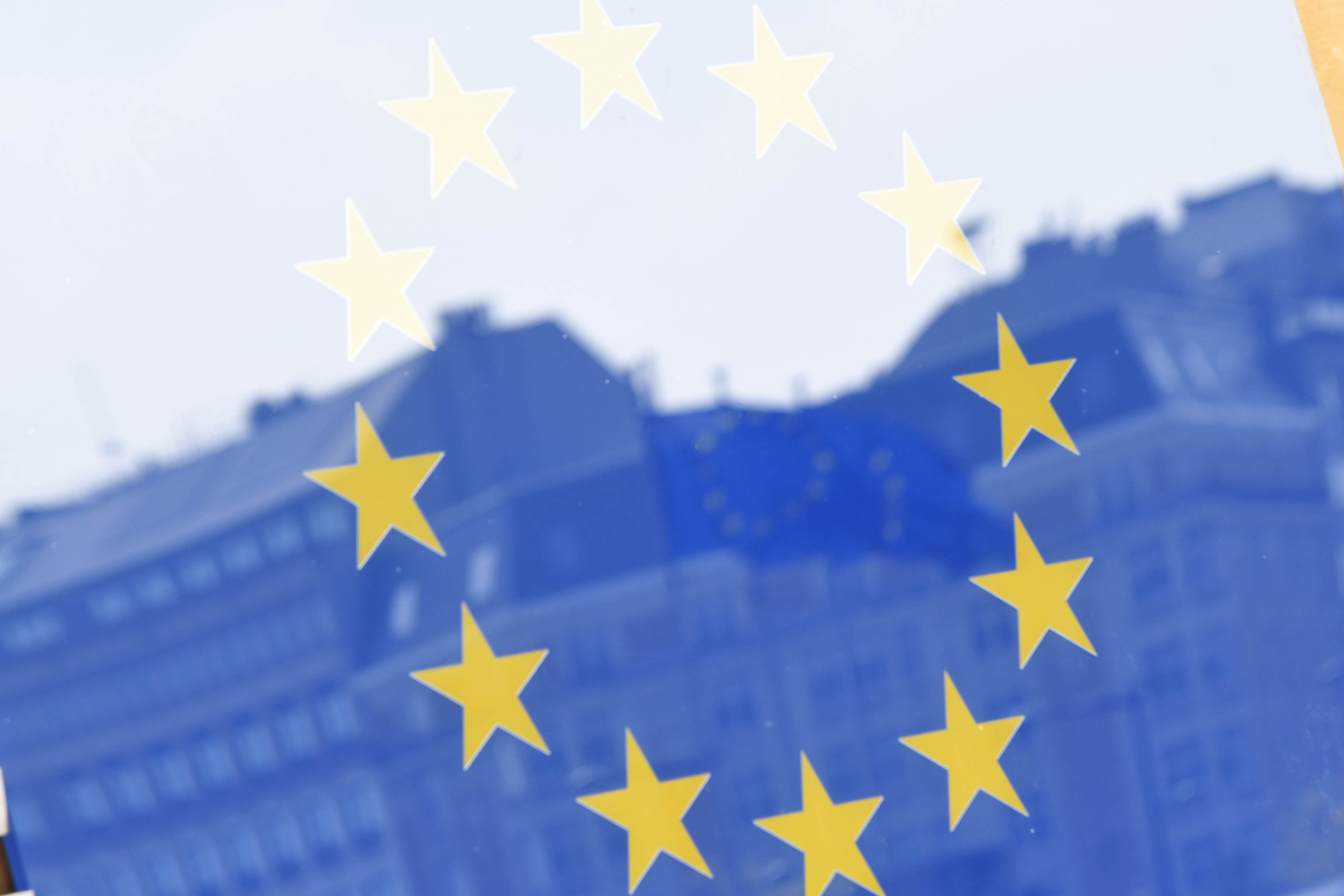#ConvergentCommunities
The last day of the Italian Bishops’ Conference (CEI) meeting #ConvergentCommunities had a focus on Europe. Paterniti, Tognon and Pombeni, illustrated “the matter at stake” and the urgent challenges that need to be addressed. It is imperative to take the May 26 elections deadline seriously

(from Assisi) Europe is going through a delicate historical moment and the vote of May 26 is a pivotal watershed, highlighted by Giuseppina Paterniti, Director of Tg3Rai TV broadcast news, Giuseppe Tognon, Professor at Lumsa University, and Paolo Pombeni, Professor Emeritus at the University of Bologna in their survey of Europe, keynote speakers on the first day of the CEI #ConvergentCommunities meeting, ongoing until tomorrow in Assisi.
“Many Italian citizens have no intention to vote because they feel that Europe is too distant from them”,
was Paterniti’s cry of alarm, who noted that “having passed the European question off as bureaucratic apparatus that decides in our place was convenient to everyone: they bring home a good result without taking an interest in what is happening.” Of the four global players – United States, Russia, China and Europe – who “attempt to eliminate each other so that only one voice may be heard”, Europe is the greatestof them all, the one with the strongest currency. Yet Europe is unable to speak with a single voice because it failed to complete the political unification process.” “Europe is marked by weaknesses and divisions that dampen the upcoming elections since people are unaware that we are at a crossroads”, the speaker said. Moreover, immigration “has a become a leading issue in Europe, while even greater challenges lie ahead, such as employment. As the Pope says, we are not facing an era of transformations but the transformation of an era: poverty is bound to increase because traditional jobs are disappearing and new occupations have not yet taken hold.” Finally, Europe is an ageing continent, “and old people don’t invest in the future. We risk being left without a horizon: fundamental values risk being undermined if we don’t have a clear idea of the fundamental values we should draw inspiration from.”
“We need the courage to engage in a project; to move forward, to reaffirm a set of values: a lot can be done at ecclesial level”,
said Paterniti, “also by cherishing the memory of a continent that gave us a horizon of peace because it had experienced centuries of wars.” “84% of Italian youths are pro-European”, concluded the Tg3RAI news broadcast director: “We have the antibodies to look ahead with confidence but we need the courage to cultivate them and make them blossom by caring for each other. Nothing can be achieved if we are alone.”
“A gambling mentality has taken over every aspect of our life.”
It is the belief of Tognon. “There is a high degree of violence underlying every form of cohabitation, and we have lost the intelligence of coping with violence, namely, we have lost the ability to control it, mitigate it, regulate and manage it in a given form”, is the speaker’s view, who mentioned the myth of Europe based on the memory of violence. Tognon asked if the solution is the one suggested by Rod Dreher in “The Benedict option”, namely, that the only strategy for Christians in a post-Christian nation is to “recover the Benedict option, to found a new way to live out the faith in communities distant from Rome and start anew for a new humanism.” “But we cannot afford it” he remarked. “We are many, rich, anguished people.” As Dietrich Bonhoeffer writes in “Life together”, “only in a community that is deeply disappointed by unpleasant things does life together start to be what it should before God.” “Thus this is a good moment”, Tognon remarked. “When we are disappointed we can start overcoming the violence we were harbingers of. Coexistence for Christians has a highly spiritual connotation, it isn’t just a matter of convenience.”
“There has rarely been such an important election such as that of May 26, and people are totally unaware of this”,
underlined Pombeni, who recalled that “the context in which we live is the European Union, and if it should fail we would all succumb.” “Europe is changing”, noted the speaker with regard to a “a scenario that was completely transformed” after the dream “of the United States of Europe” fulfilled in the 1950s: “that challenge was met, the dream-of development came true, Europe was an explosion of wellbeing, and its attractive paradigm attracted East European countries that hoped to sit around this set table.” “This kind of Europe no longer exists, nor will it exist in the future because the era of abundance is over and we are now experiencing the onset of a major historical transition period”, remarked Pombeni, who compared the digital revolution to the press revolution: “What existed before appears to have lost all importance. Europe’s power and development centres have changed: in the 1950s nobody would have imagined that China and India would become what they are today. This general transformation means that Europe should be prepared.” What will Italy do? “We must work to have a say in the European Council, amidst the Heads of State, It’s the decision-making centre” . The expert said:
“On May 26 we will vote not only for the European Parliament but also to send a specific signal to the Italian Government, whatever that signal may be.
We need to enjoy strong credibility and penalize all those who have no idea what credibility is all about. For this reason we need to motivate people to vote.”